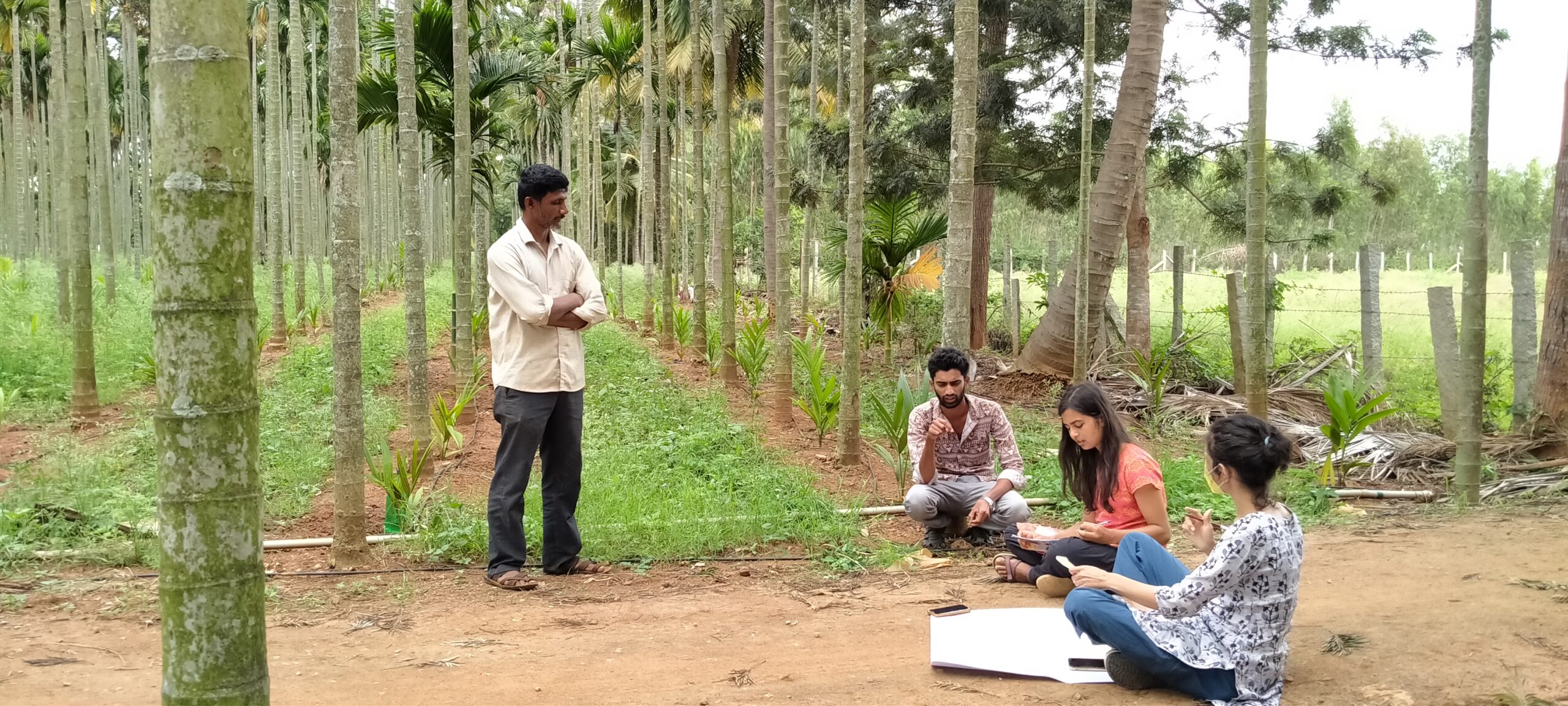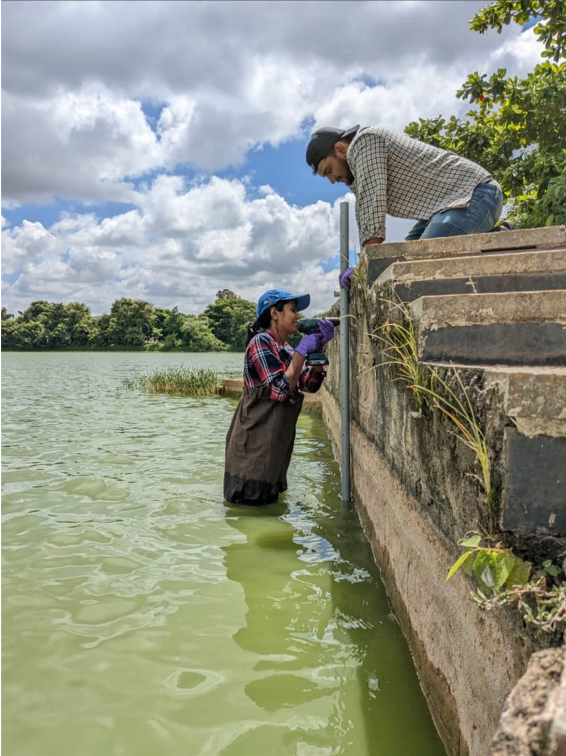Research Public Square
The Research Public Square is a WELL Labs platform that curates critical questions posed by grassroots communities and government agencies and matches them with research students with the skills, capabilities, mentorship, and funding (if possible) required to collect and analyse data to answer these questions.

Why the Research Public Square?
Water, environment, land and livelihoods are at threat in both rural and urban areas. Despite substantial investments, efforts to address the problem at scale have not had the intended impact.
At least a part of the problem is the lack of credible science.
On one hand, there is a gap between what research is needed and what is being supplied. On the other hand, a lot of research that is being generated has no viable pathway to impact.
Read more about how sustainability science can be made more relevant in India Development Review: Research needs to leave the ivory tower of academia
Uncertain Replicability
A lot of evidence is site-specific but its replicability needs to be established.
We need much more research at different locations and scales. There is no way to know if interventions that work in one location are likely to work in another location, and under what conditions.
Because researchers are rewarded for novelty, much needed replication research is never undertaken.
Missing Science
The missing science problem results in decisions being made in a vacuum.
We simply do not have information on some critical questions. In conversations with practitioners, the same questions surface often. For example, do certain agro-ecological practices reduce yields in initial years? Which aquifers are being recharged through structures? Which water sharing institutions have worked to ensure equitable sharing? Decisions are often made without an answer to these questions in a data/science vacuum.
Poor Research Impact
A lot of effort is expended in doing research, but the research does not translate.
Often, questions scientists and researchers think are interesting are quite different from those practitioners, communities or government agencies want answered. The time and effort researchers spend might be more usefully directed. Further, a lot of data that is generated never sees the light of day. But even when published, the academic establishment is geared toward publications which are not accessible
Ironically, while these practitioners may not always be able to afford to pay for the research to get their answers, each year our universities have many research students available and willing to answer them.
Our hypothesis is that there is a huge opportunity to match researchers with urgent research needs. This is what the proposed Research Public Square hopes to accomplish.
To implement the Research Public Square, WELL Labs will bring together universities, funders, government institutions and CSOs to perform the following roles:
Question sourcing and curation:
Set up a committee to vet research questions and identify ones worth answering.
Partnership development:
Bring onboard CSOs and university partnerships.
Research design, implementation, and management: Develop and manage the research design process, which is a big lacunae in Indian academia for ground implementation.
Dissemination:
Communicate the answered questions back to the CSOs/ government agencies in a way through easily-consumable formats.

Partners

There are different ways to partner with us on this project:
- Strategic Partner: You would conduct fundraising activities with us and commit to the platform as a major in-house programme.
- Research Contributor: You would enter into an agreement to contribute funded researchers to answer at least a few questions.
- Research User: You are a practitioner at a Civil Society Organisation or a government agency who provides critical questions and commits at least in-kind resources to support the research.
- Funding Partner: You can provide funding to support the research fellows to sustain the platform and run capacity-building activities.
